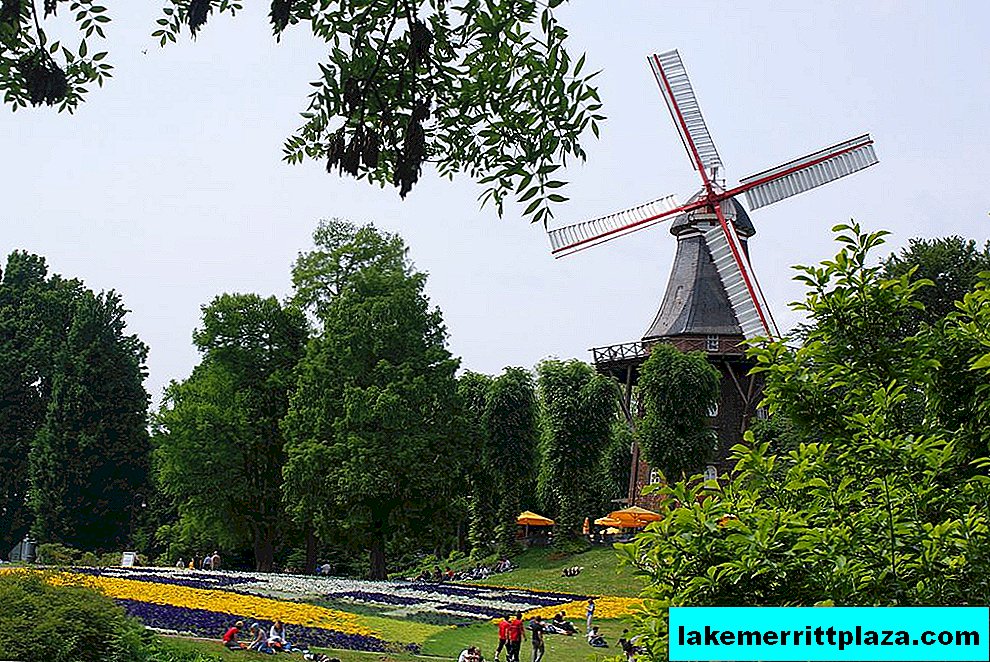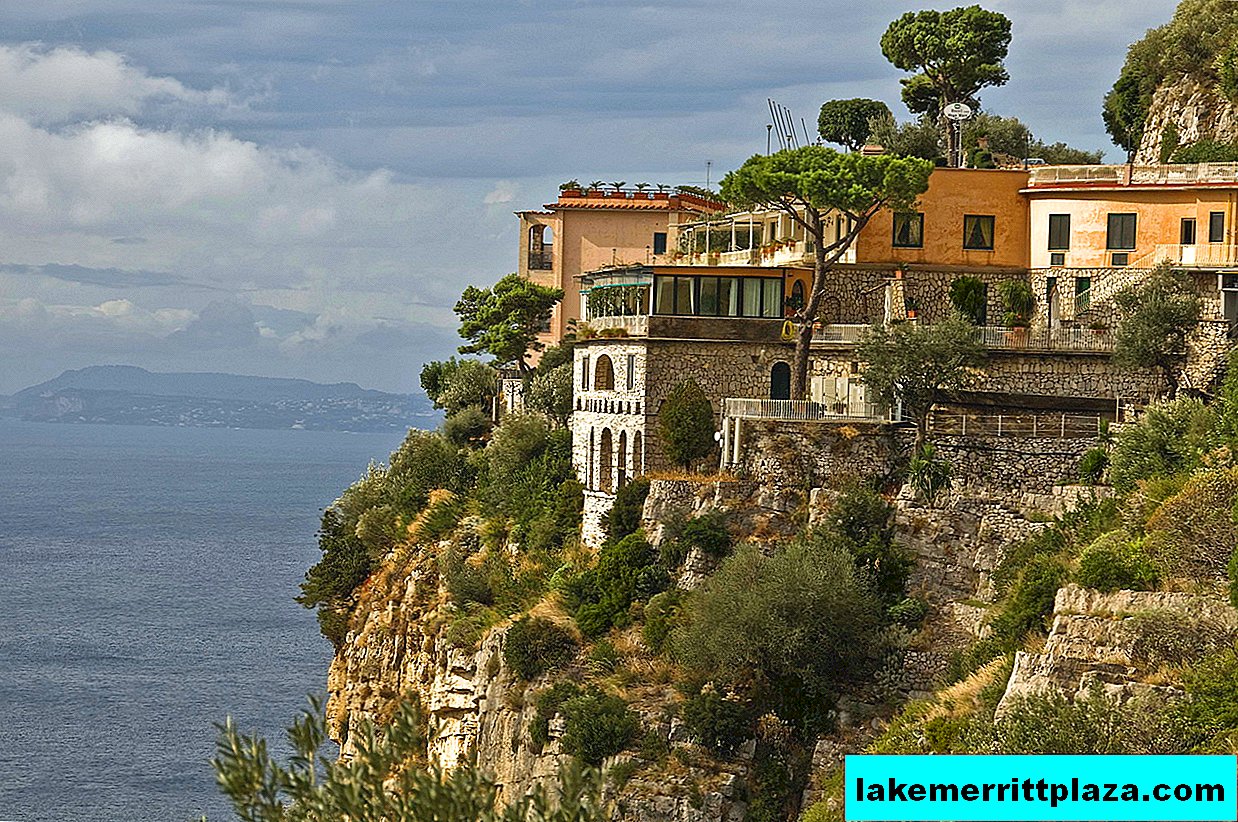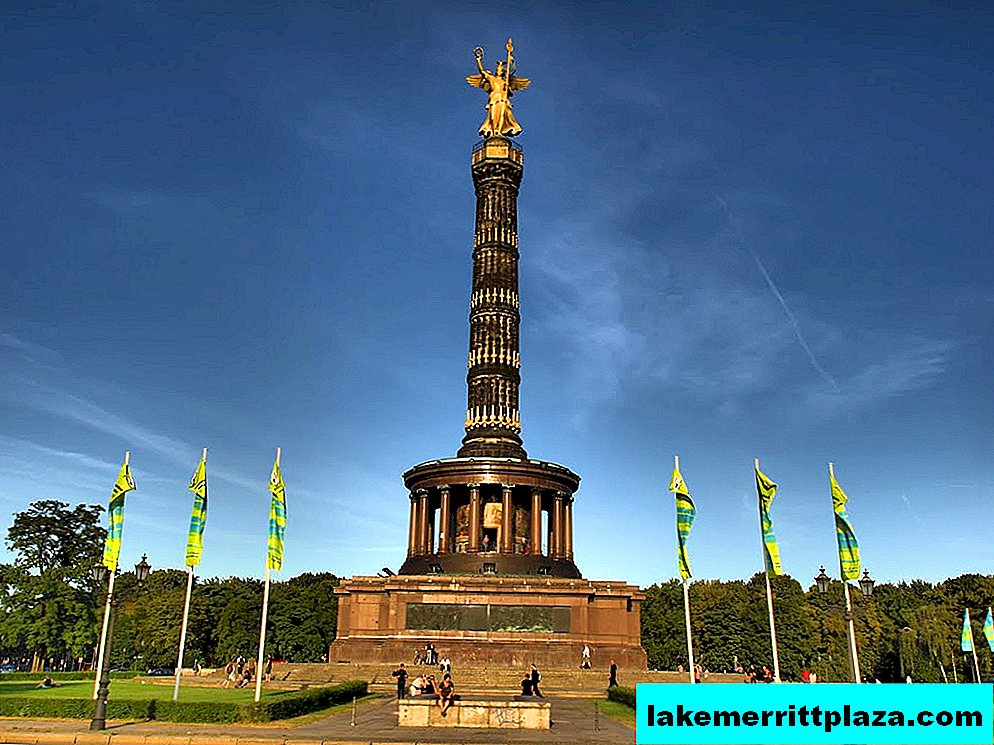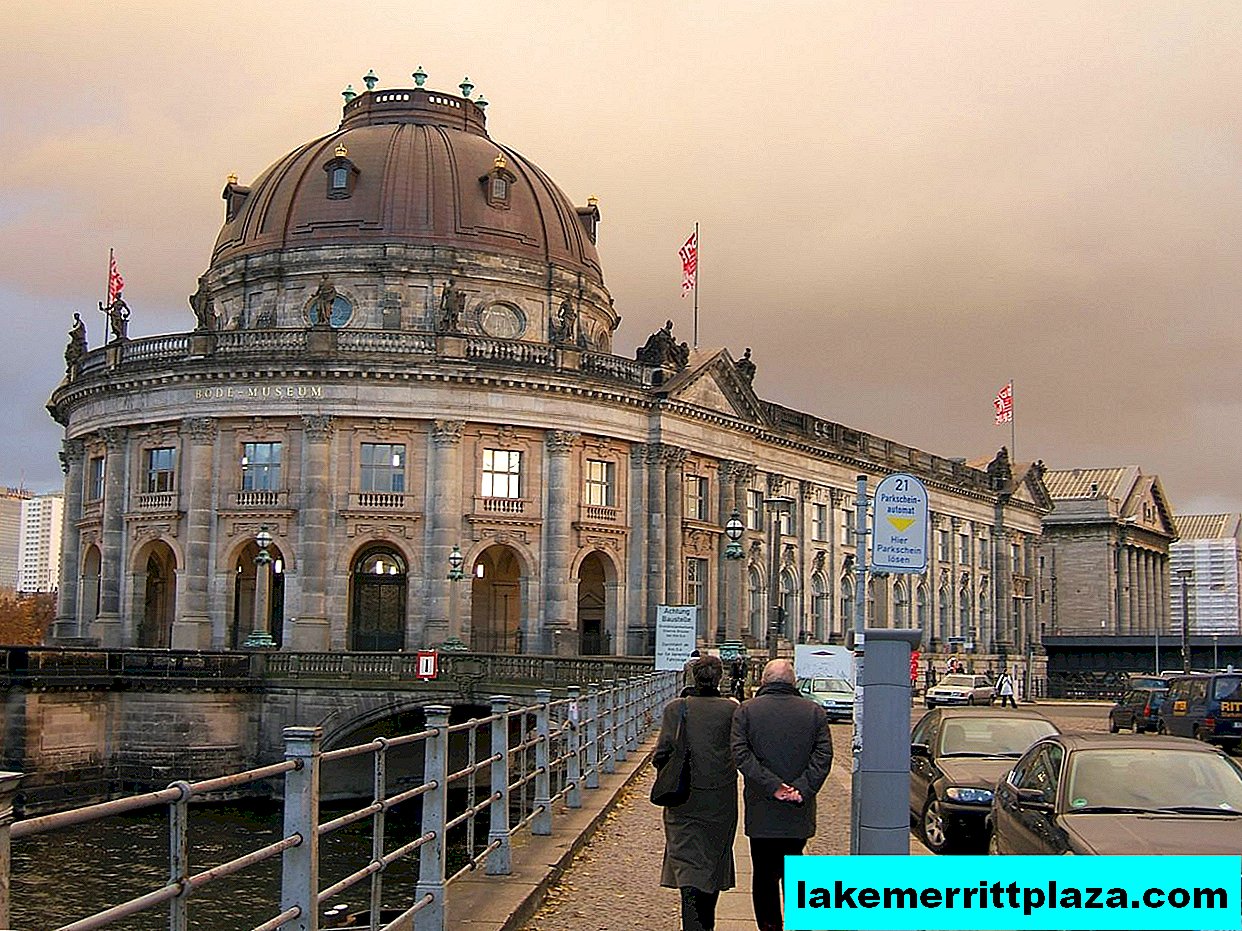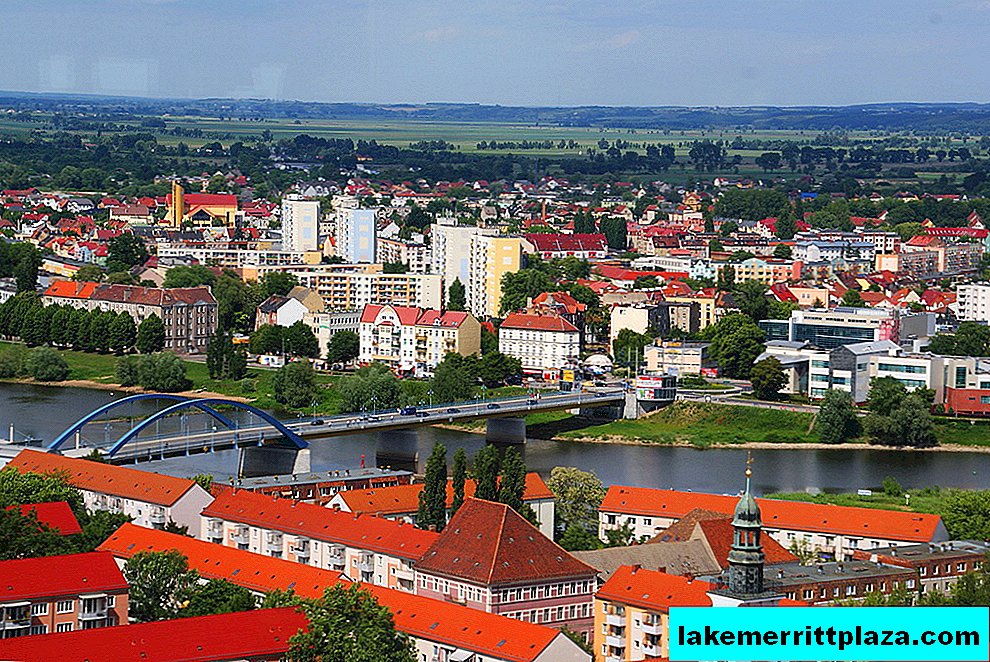In the last issue, the hit hit Mark Anthony put raking paws both on the state treasury and on the entire archive of the correspondence of the late Caesar, and only the very unexpected testament of the dictator somewhat confused his plans.
March 19, taking with him the bloodied rags that were recently the toga of the “father of the nation,” Anthony went with guard to the funeral of Guy Julius. The people gathered there were very gloomy and gloomy - the vile aristocrats killed their protector and almost the demigod. At first, Mark tried to be easier on turns and smoothed out expressions. But then he got carried away and went into a rage, painting terrifying pictures of violence by a crowd of greedy, power-hungry nature errors over perfection in the guise of man, a born ruler of Rome, a universal favorite and just the awesome guy Caesar. The speaker was conducting a spotted toga to himself.
It is not known what Mark was counting on, speaking in a similar way to an already severe crowd, eager for immediate action, but he achieved a notable result.
- Firstly, especially active citizens broke all the shops around to hell with dogs and built a chic funeral pyre for Caesar from the wreckage of buildings and furniture.
- Secondly, in front of Anthony, amazed at such a powerful effect, the public began to rush around and look for vile conspirators, since Mark, without thinking twice, named them by name.
Fortunately for them, the most eminent and odious killers at the funeral prudently decided not to shine, but instead to strengthen their houses better and generally dig into the basement just in case. It helped. True, in the short time after the fire burial, I still had to hurry away from the capital - the Senate pardoned them, but the inhabitants of the city, skillfully poisoned by Anthony, did not know such clever words.
- We recommend reading: Rise of Spartacus
Having secured himself from lovers of cutting dictators, Anthony, with a vengeance, took up work in the name of himself, beloved and precious. Using the carte blanche so ill-advisedly issued to him by Cicero, the consul issued several laws on the mountain, saying that Caesar so wanted. For the most part, the new regulations served an important purpose - to cajole the poor and veteran soldiers so that there would be no social explosion.
Well, the fact that Mark and his brother entered the commission on the distribution of land among the above categories is not surprising, is it?
Incidentally, a sudden city madman appeared in the capital of the republic and declared himself a close relative of the murdered Guy Julius. No, at first he, of course, caused sheer inconvenience - he gathered people, former legionnaires and just all kinds of marginals, yelled indecent about Caesar’s killers, urged everyone to take revenge and cruelly punish everyone. Mark such initiatives from the field were like a hammer sickle - it is one thing to start a crowd with your own hands, and quite another - when someone does this on his own, without consulting you and guided not by the good goals of your enrichment, but by an incomprehensible pure ideology.
Therefore, by order of Anthony, the impostor was seized, executed, without bothering with any courts, and his adherents were brutally dispersed and repressed, actively using lethal arguments. Just note that Mark generally liked to deal with dissidents from the lower circles in such a way that gradually brought the degree of popular love for him to negative values - they could not rectify the situation with small handouts.
But, turning to the Senate with a tearful complaint about extremists-terrorists who cause unrest and, possibly, even can be killed by a hot hand, Anthony obtained permission to hire a personal guard to protect him from unpleasant treachery. And immediately deftly took advantage of this mandate, having gathered in the ranks of his thugs as many as 6 thousand people - lured and loyal war veterans.
Having shaken off the second consul to hell, the politician became not the sole dictator, of course, but certainly the most powerful man in Rome. He is state-owned, he has Caesar’s letters, he has his own legion, there is no praetor (the mayor, in our opinion) in the city, there is only one consul for a thousand kilometers around. Sharman!
Cicero, an old lover of democratic freedoms, realized that somehow the murder of Guy Julius, on which he had so many hopes, brought nothing good to either Rome or personally the speaker. The deceased at least was a decent person, and not an unscrupulous grabber, like some.
Meanwhile, Gaius Octavius, who quietly and peacefully sat for himself in Appollonia of Illyria (this is in modern Albania) and finished his studies, came sudden news of tons of happiness that had fallen on him. Guy's friends and relatives, like himself, got a little bit shaky from such a jackpot and immediately began to think how to live on. More cautious and timid advised mega-proposal for adoption not to accept, lie low and do not go for a walk for a couple of years at least. It is better to be a small aristocrat in Albania than another crowned corpse in Rome. The Legionnaires, who were stationed in Illyria, on the contrary, joyfully told Guy that for his named father they were a mountain, and for his son they would tear everyone up in small splashes, and immediately offered the whole crowd to go to the capital, avenge, maim and slaughter unnecessary. All the same, civil wars are already in trend, you can’t trample against fashion.
On reflection, the young man chose a compromise option, a middle ground, and nevertheless went to Italy, but not with a crowd of devoted Uruk-hai, but simply with guards - so as not to be kicked inadvertently. At that time, he did not know at all how in the metropolis they relate to the sudden cessation of his "father's" life and to himself. Invading there at the head of the legions means immediately starting a long mess with an unknown end, but missing out on such chances is also somehow silly.
Arriving in Italy and showing his aristocratic physiognomy to the public, the young Roman realized that everything was not so bad as it seemed from Albania! The locals loved Caesar very much, and they were ready to carry his son in his arms - well, if we are talking about veterans and the poorer segments of the population, the aristocracy has not yet decided on its attitude to what is happening around. Although Cicero, who met Guy in the Campaign, showed him every possible support and approval of the course of action - it was already painful to get him out of Marc Anthony, who was a swindler in Rome.
After weighing all the pros and cons, the young man made the same decision and agreed to become Caesar's son. Since then, his name has been Octavian. In May, he arrived in Rome, causing acute indigestion in the slightly relaxed Anthony.
How will the relationship between young and hard-pressed politicians develop? Will Cicero's dream of reviving old Roman traditions come true? We’ll write soon.
History Fun specifically for Italy for me.

